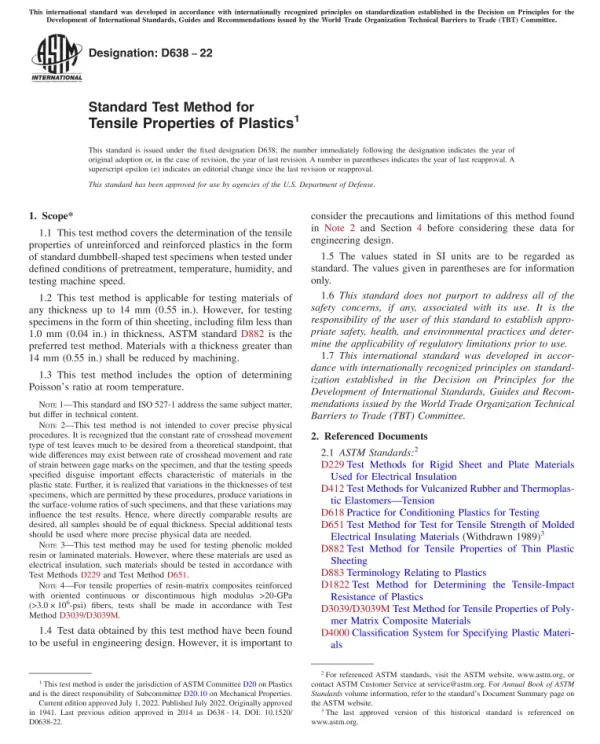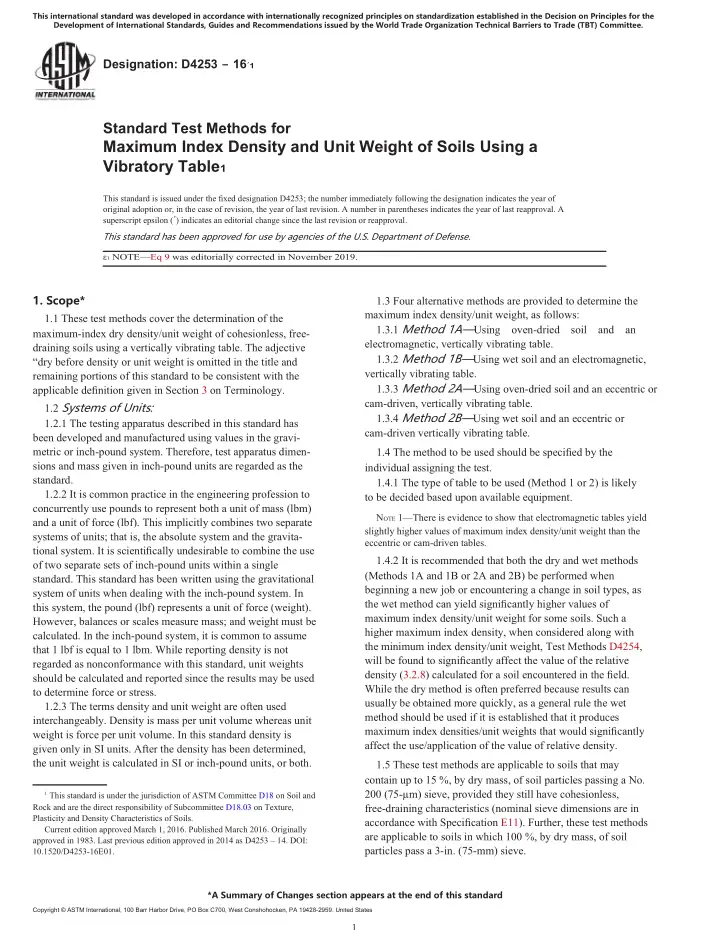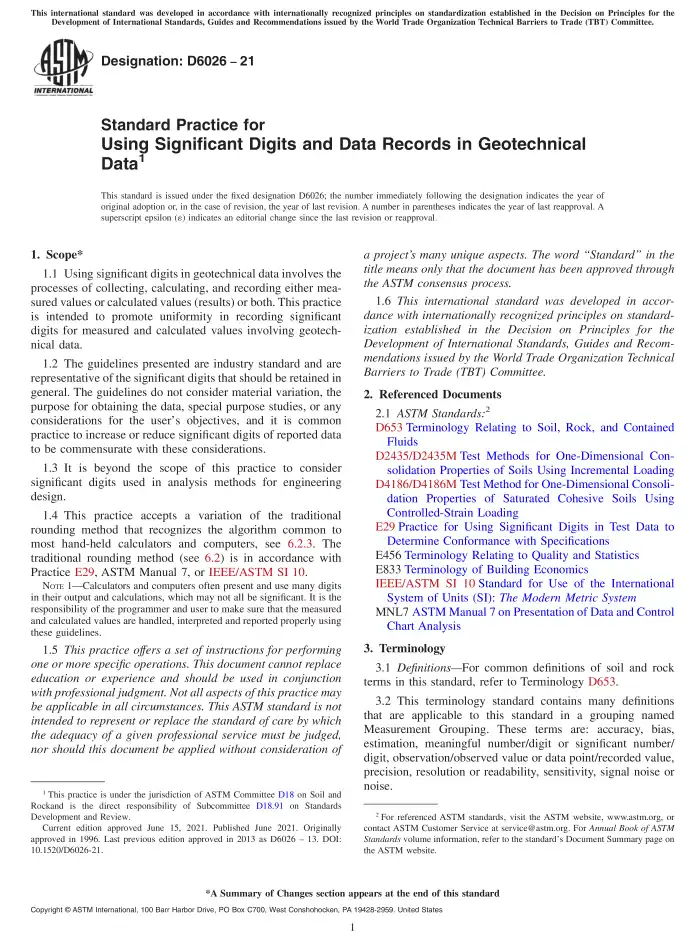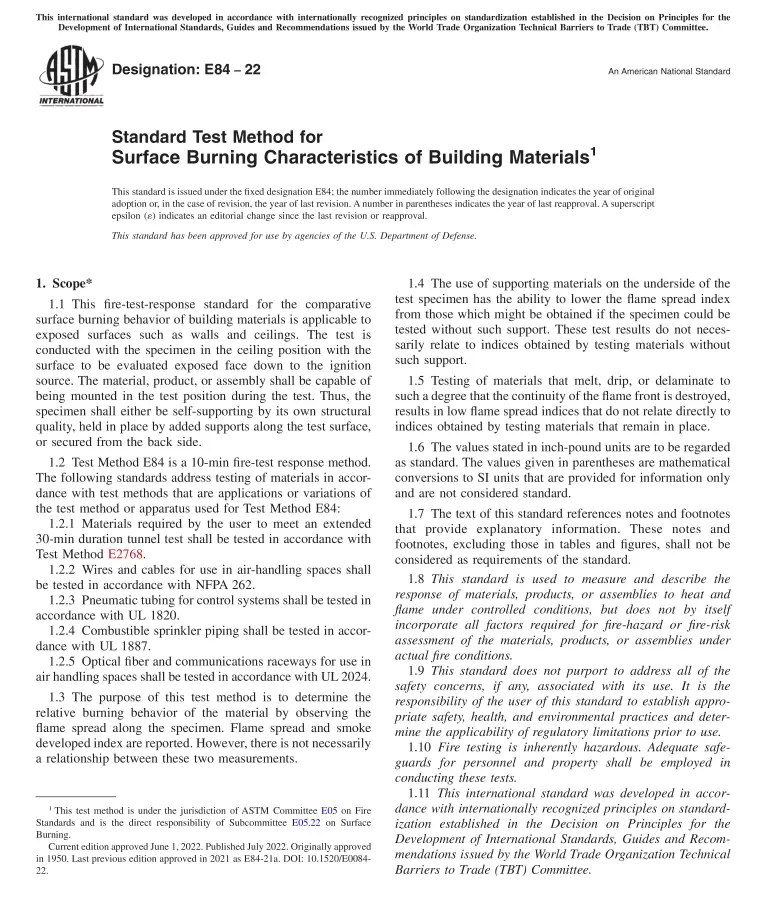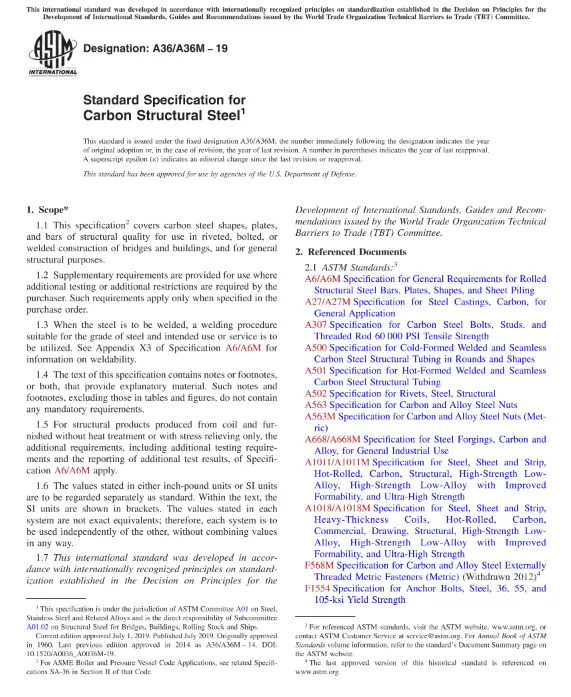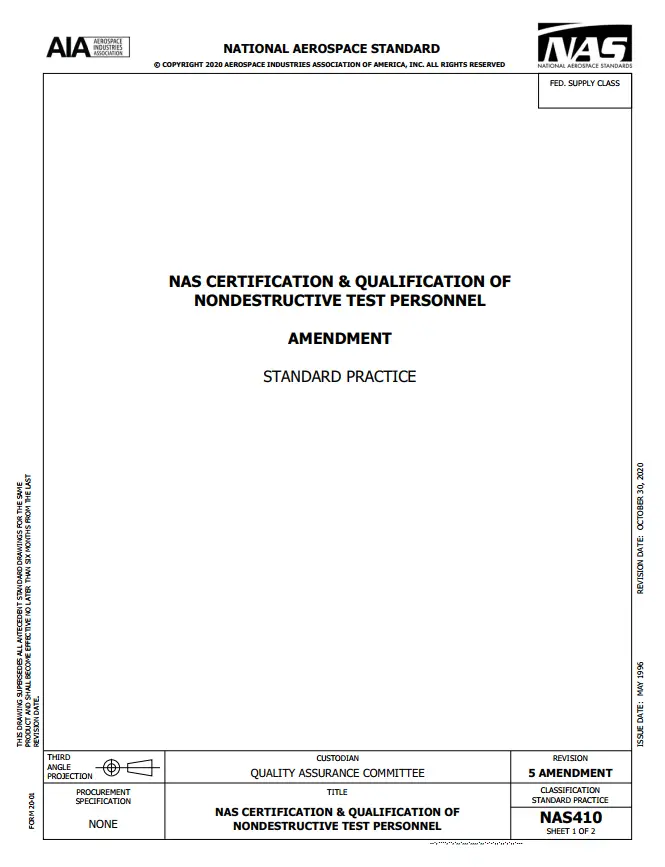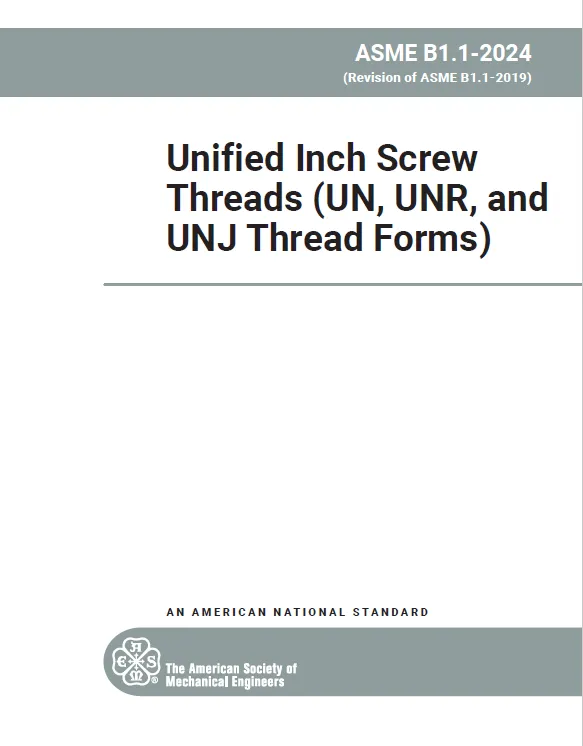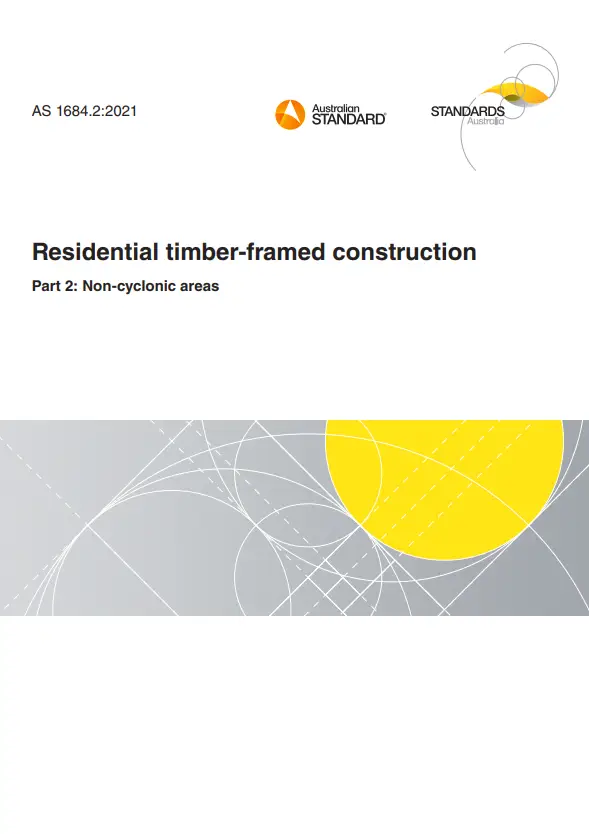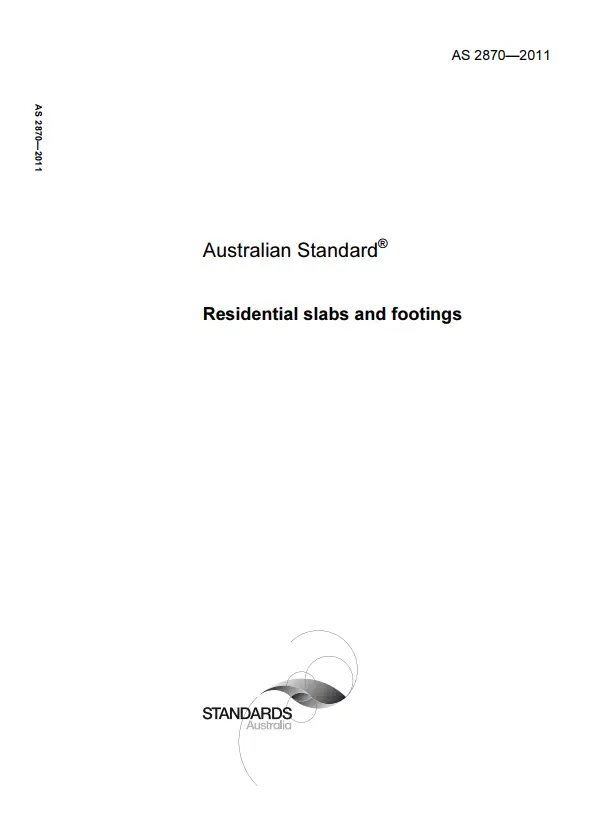ASTM D638, 2022 Edition – Standard Test Method for Tensile Properties of Plastics
This test method covers the determination of the tensile properties of unreinforced and reinforced plastics in the form of standard dumbbell-shaped test specimens when tested under defined conditions of pretreatment, temperature, humidity, and testing machine speed.
This test method is applicable for testing materials of any thickness up to 14 mm (0.55 in.). However, for testing specimens in the form of thin sheeting, including film less than 1.0 mm (0.04 in.) in thickness, ASTM standard D882 is the preferred test method. Materials with a thickness greater than 14 mm (0.55 in.) shall be reduced by machining.
This test method includes the option of determining Poisson’s ratio at room temperature.
NOTE 1—This standard and ISO 527-1 address the same subject matter, but differ in technical content.
NOTE 2—This test method is not intended to cover precise physical procedures. It is recognized that the constant rate of crosshead movement type of test leaves much to be desired from a theoretical standpoint, that wide differences may exist between rate of crosshead movement and rate of strain between gage marks on the specimen, and that the testing speeds specified disguise important effects characteristic of materials in the plastic state. Further, it is realized that variations in the thicknesses of test specimens, which are permitted by these procedures, produce variations in the surface-volume ratios of such specimens, and that these variations may influence the test results. Hence, where directly comparable results are desired, all samples should be of equal thickness. Special additional tests should be used where more precise physical data are needed.
NOTE 3—This test method may be used for testing phenolic molded resin or laminated materials. However, where these materials are used as electrical insulation, such materials should be tested in accordance with Test Methods D229 and Test Method D651.
NOTE 4—For tensile properties of resin-matrix composites reinforced with oriented continuous or discontinuous high modulus >20-GPa (>3.0 × 106 -psi) fibers, tests shall be made in accordance with Test Method D3039/D3039M.
Test data obtained by this test method have been found to be useful in engineering design. However, it is important to consider the precautions and limitations of this method found in Note 2 and Section 4 before considering these data for engineering design.
The values stated in SI units are to be regarded as standard. The values given in parentheses are for information only.
This standard does not purport to address all of the safety concerns, if any, associated with its use. It is the responsibility of the user of this standard to establish appropriate safety, health, and environmental practices and determine the applicability of regulatory limitations prior to use.
This international standard was developed in accordance with internationally recognized principles on standardization established in the Decision on Principles for the Development of International Standards, Guides and Recommendations issued by the World Trade Organization Technical Barriers to Trade (TBT) Committee.
General Product Information:
| Revision | 2022 Edition |
| Document Type | |
| Document Language | English |
| Pages | 16 |
| Publisher | ASTM International (ASTM) |
| Status | Current |

